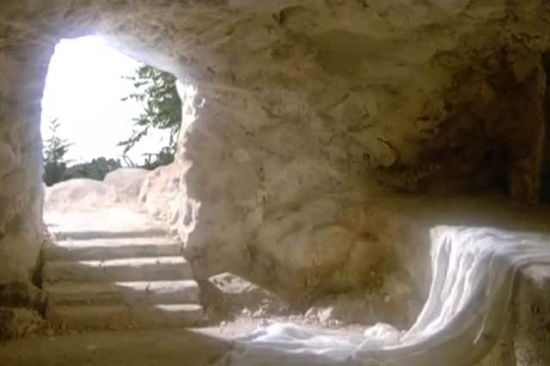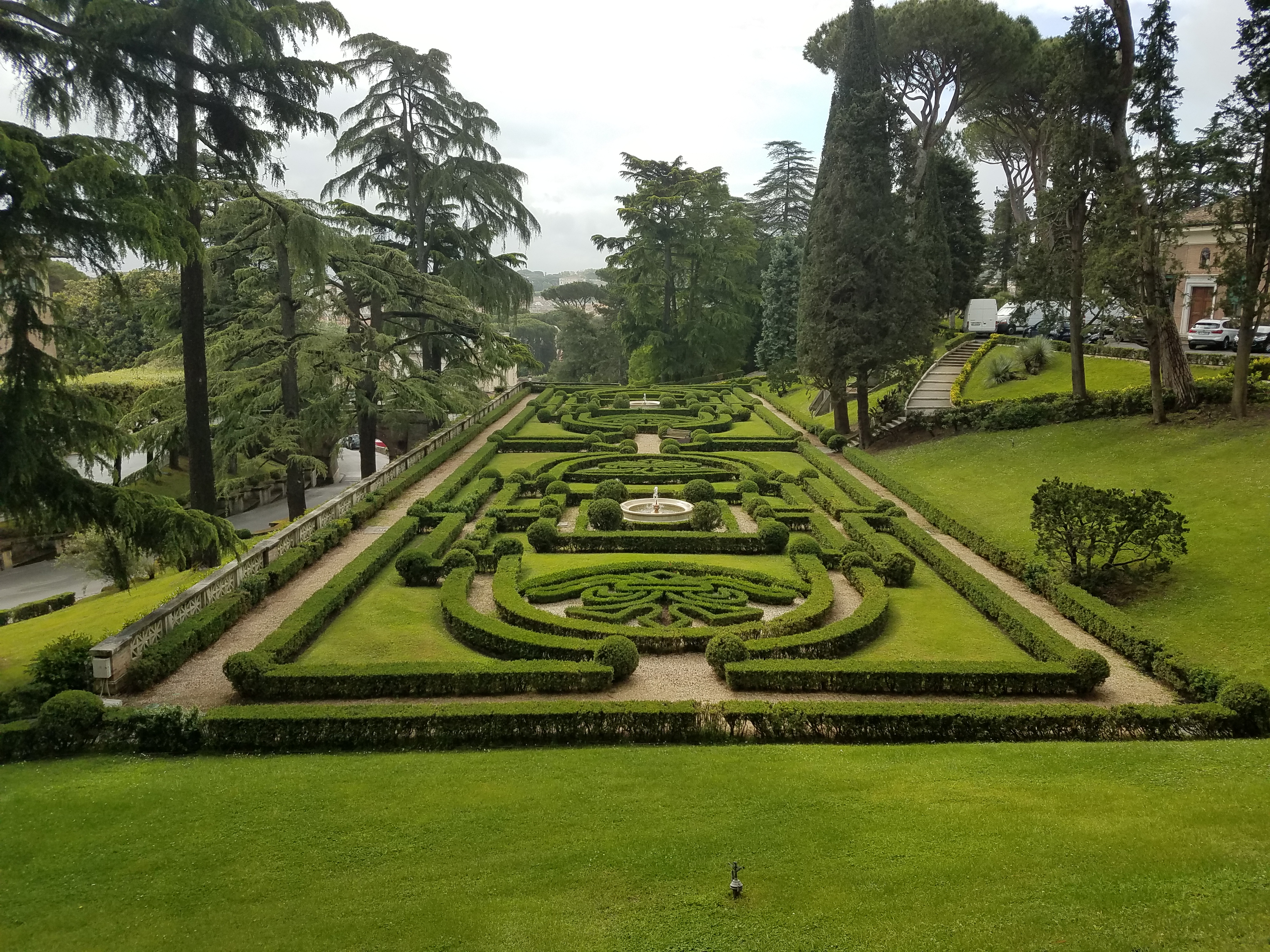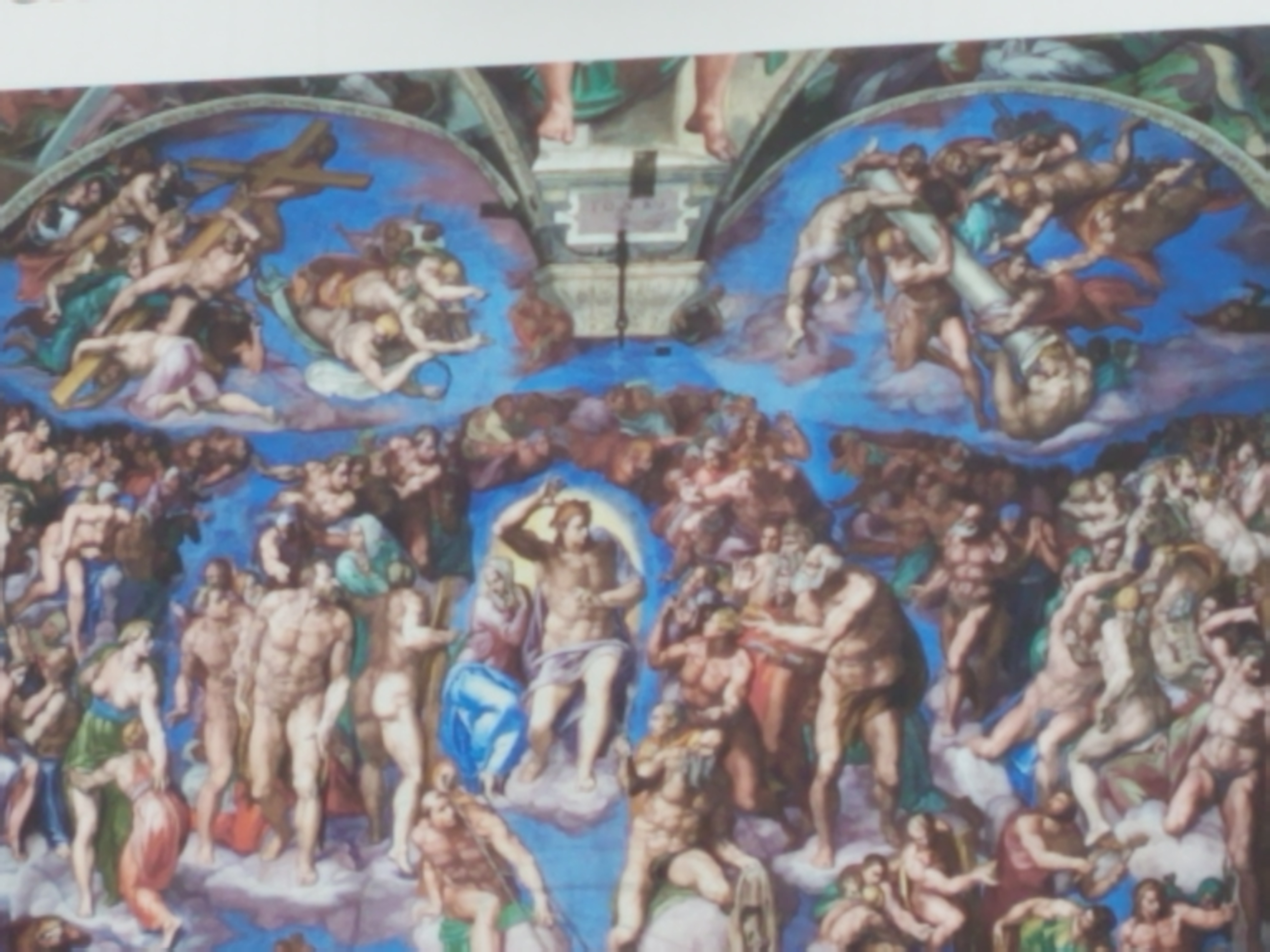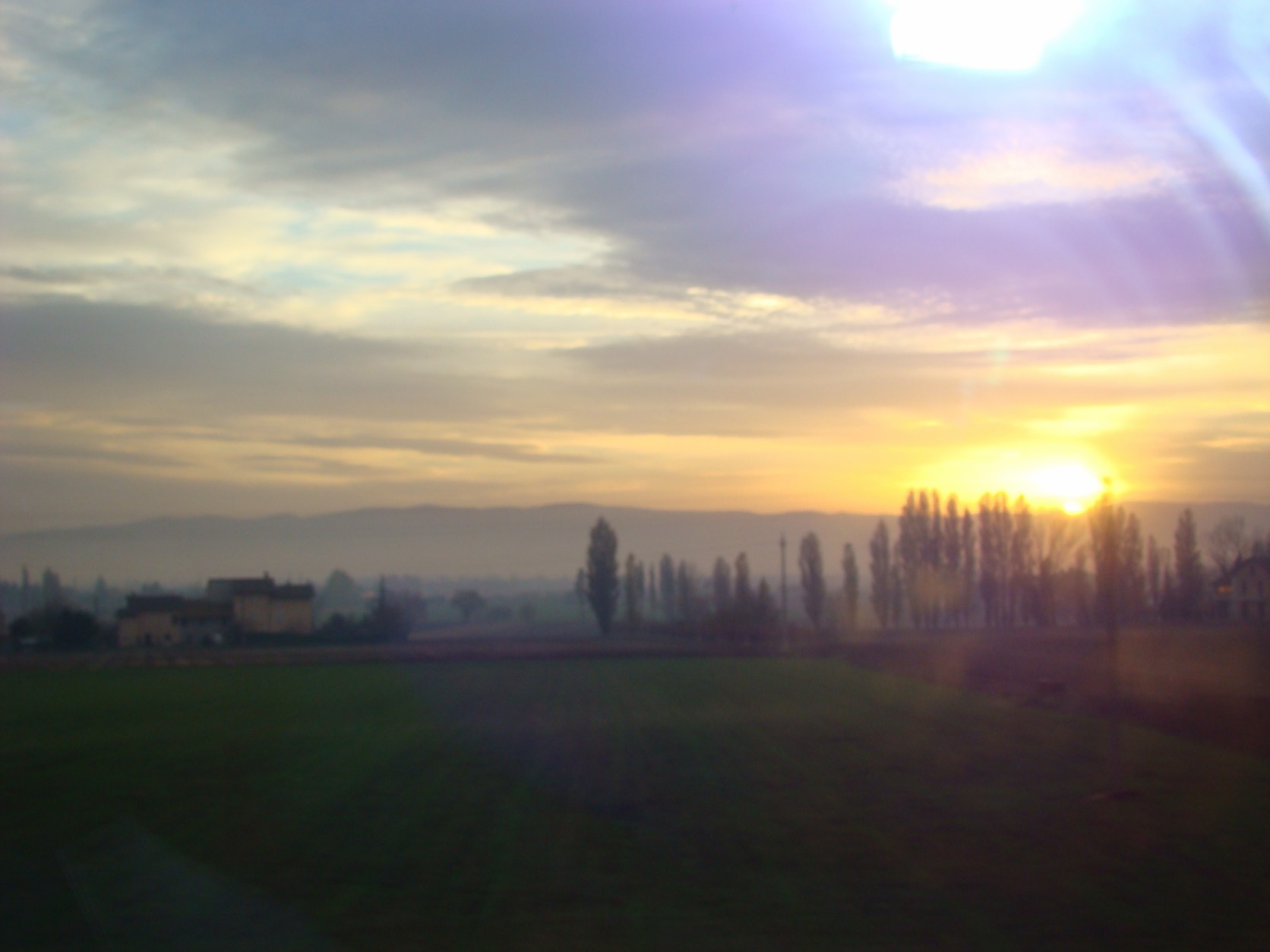Acts 4:8-12; Ps. 118:1, 8-9, 21-23, 26, 28, 29; 1 Jn. 3:1-2; Jn. 10:1-18
The Good Shepherd has come, laid down his life for his sheep and raised it up again but not only his own life but his own people who died with him in faith and obedience to his word. This is the good news of our Easter season that Jesus is the good shepherd and the God of the resurrection of the dead. Recall how immediately after Jesus died “the veil of the sanctuary was torn in two…The earth quaked, tombs were opened, and the bodies of many saints who had fallen asleep were raised…they entered the holy city and appeared to many (Mt. 27:51-53)”. Jesus is raised indeed and so are his saintly people. Jesus is the good shepherd of the dead who have come to life and of the living awaiting their mortal death.
Jesus is the good shepherd of those who hear his voice and turn to follow him. Unlike sheep who are simply human creatures of this world, in the name of Jesus we are now called the children of God. Often the question is raised to Catholics asking “why do Catholics baptize infants since they have no knowledge, cannot repent and no free will in the decision?” In the early church baptism was given to complete families so if the head of the home accepted Christ not only was he baptized but so was his family and his slaves so this practice goes back to early Church history and tradition. Baptism comes with the free gift of the Holy Spirit, that is the grace of God to enter the soul and be the light of truth, the good shepherd of the soul towards salvation.
With the gift of the Holy Spirit comes the virtues including to grow in faith, hope, and love. Who would deny their child this gift to get their life started in perfect sanctity open to hear the voice of the good shepherd as it faces the temptations of the world. Without baptism the voice of the good shepherd is being drowned out by all the other voices of this world competing for its soul.
As Jesus said to his disciples “allow the children to come to me for the kingdom of God belongs to such as these (Lk. 18:16).” The good shepherd wants to enter our souls from the beginning of our life and remain with us all the days we are given. The test of the good shepherd is less about us coming to him as it is to see if we can remain in him, something to ponder. In the days that Jesus walked the earth many came to him but few remained with him because his teaching was hard to accept. The good shepherd proved he was faithful unto death on a cross as he prophesized “I will lay down my life for the sheep”.
Jesus gives us a tease in today’s gospel. He speaks of having “other sheep that do not belong to this fold” but drops the topic only to proclaim that in the end “there will be one flock, one shepherd.” Who are these other sheep? One question that gets asked of Catholic Christians is whether only Catholics will go to heaven. It is also asked of other Christian denominations who profess to be the “true religion”. Who belongs to the other flock is a mystery the Lord chose not to reveal.
Consider first that for centuries the people of God were not “Christian”, they were not baptized in the name of Jesus yet in the transfiguration we see Elijah and Moses next to Jesus. Consider also how many Christian denominations are now in existence becoming more divided than unified. Recall what Jesus said his disciples, “For whoever is not against us is for us. Anyone who gives you a cup of water…will surely not lose his reward (Mk. 9:40-41). The mercy and love of God came that all may be saved but salvation is a process of purification of souls and God is not done with us yet, not with this world, not with all sinners, not with Christian believers as we struggle to carry the cross of our calling.
What we carry with us is the promise that “what we shall be has not yet been revealed” but “we shall be like him”. Today we are already called to live in the image of Christ the good shepherd, caring for those little ones, for the hungry and the poor, for our neighbor and the stranger. Each according to our state in life has a cause given in which we serve the Lord transformed into the image of the good shepherd, Jesus the cornerstone by which we are saved.











Recent Comments